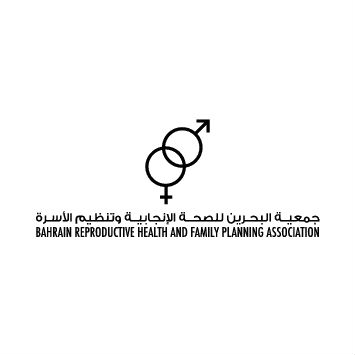

| 31 March 2016
Bahrain Reproductive Health Association
The Bahrain Reproductive Health Association (BRHA) is a public association, but does not provide any clinical services. It was established on 1975, by a group of Bahraini youth to serve the Bahrain community with commitment and accountability towards national and human responsibility. Through voluntary trained and specialized personnel, SRH targets include: Increase awareness and knowledge about reproductive health and the importance of family planning as a human need for the community. Increase women's knowledge about their reproductive rights, and enable them to practice their rights and make their own decisions. Increase men's responsibility and participation in reproductive health issues. Prepare youth for parenthood responsibilities, and improve care provided to adolescents. Communicate with decision makers and community leaders to support positive attitude towards reproductive health. These are achieved by the following: Increase awareness about reproductive health among the community through seminars, lectures, leaflets and educational articles. Train volunteers to become specialists in reproductive health and family planning. Provide reproductive health counselling through the counselling centre in the association. Increase cooperation and coordination with governmental authorities, associations, social clubs and different media facilities to promote reproductive health. Increase cooperation and coordination with all agents concerned in combating and preventing HIV.

| 31 March 2016
Family Planning Association of Nepal
Established in 1959. the Family Planning Association of Nepal (FPAN) is Nepal's first national family planning service delivery and advocacy organization. It is a major collaborator of the Government of Nepal's national sexual and reproductive health (SRH) program, contributing a greater percentage of all SRH services in Nepal annually. FPAN serves Nepalese people in 44 districts, focusing on the poor, marginalized, socially excluded and underserved (PMSEU) populations, which include female sex workers, people living with HIV (PLHIV), LGBTIQ people, injecting drug users, men who have sex with men (MSM), migrant workers, people with disabilities (PWD), survivors of gender-based violence (GBV), urban slum dweller and people affected by disaster and crisis. The mission of FPAN is to "champion a volunteer movement for increased provision of SRHR to all, particularly to those most at risk, marginalized, and under-served". The planned outcomes set by FPAN for the strategic planning period (2016-2022) include: Nepal Government respects, protects and fulfil sexual and reproductive rights and gender equality; Nepalese people empowered to act freely on their sexual and reproductive health and rights; a high quality integrated sexual and reproductive health services delivered; and a high performing, accountable and strong FPAN. The success of FPAN is due to its extensive and diverse network of service delivery points, as well as its expertly trained staff and volunteers who provide services in areas where they would otherwise be unavailable. FPAN provides an Integrated Package of Essential Services (IPES), which includes sexuality counselling, contraception, including emergency contraception, safe abortion, STIS/RTIs, HIV & AIDS, obstetrics, gynecological and sexual & gender-based violence services. These services are provided across 974 service delivery points (including 270 clinical SDPs, 22 family health clinics, 56 community health clinics, 75 associate clinics, 117 mobile teams, and 794 non-clinical service delivery points). FPAN provides approximately four million SRH services each year across its service delivery points, with family planning accounting for 40%, STIs/RTIs for 14%, gynaecological services for 12%, HIV services for 10%, and other services accounting for the remaining 24%. FPAN has eight clinical training centres that are connected to its family health clinics, which provide full range of family planning and reproductive health services. The training centres are accredited by the National Health Training Centre, (MoHP). These centres provide a variety of family planning and sexual and reproductive health training to health care providers from FPAN, government, and non-governmental organizations (NGO) health facilities.







